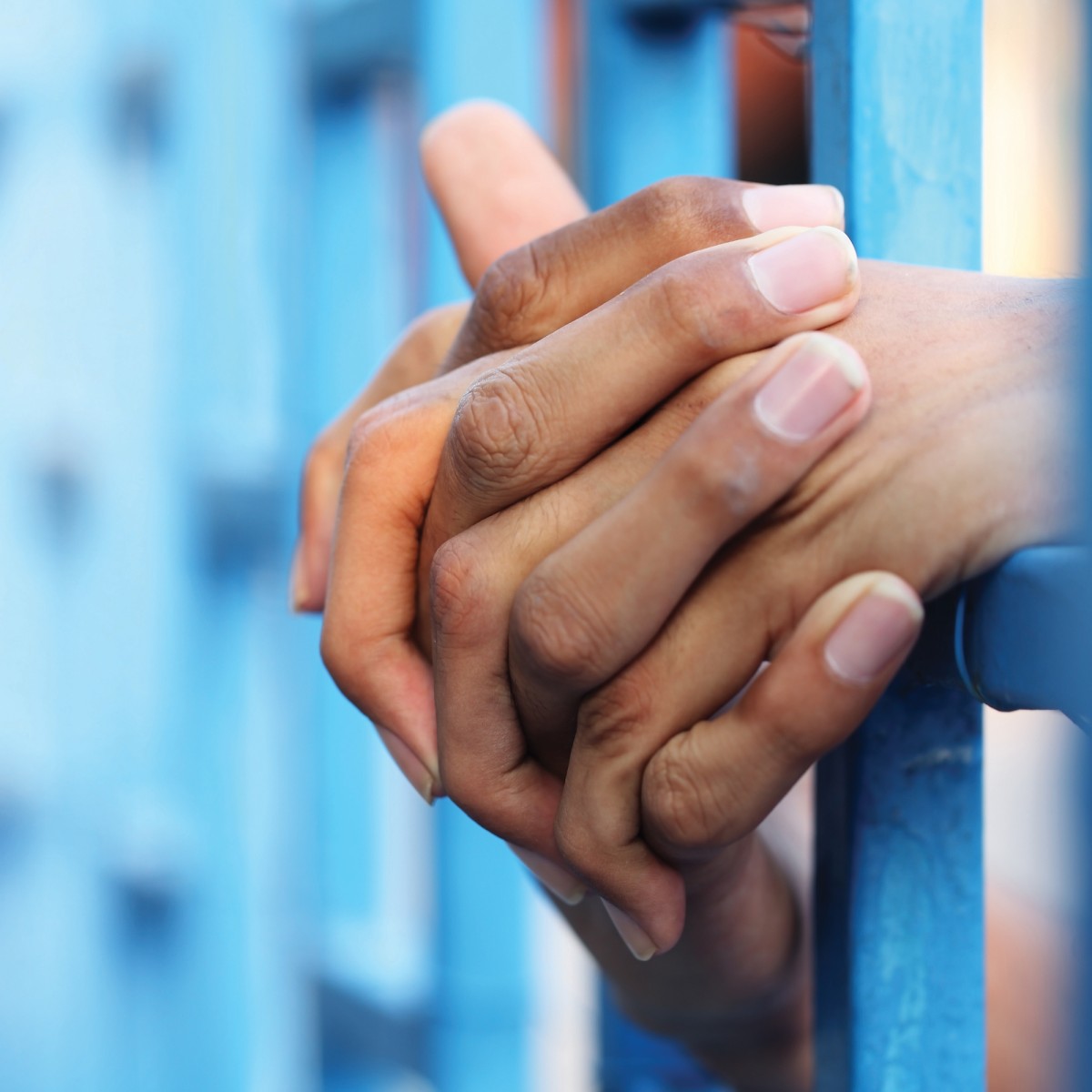
Often, we take for granted our abilities to attend protests, to speak our opinions, to remain silent under arrest, and more – rights that are not guaranteed in many places. As a communications intern, I got a vivid reminder of this when I recently helped staff an ACLU of Washington table at Hispanic Seafair.
Many people who approached the table had heard of our organization and what we stand for, choosing to pick up buttons, pens, and informational packets on their rights. However, about an hour in, while listening to the Latin-beat bands and absorbing the tantalizing smells coming from the Peruvian food truck, a person came up who had never heard of us before. He asked, “¿Quienes son Uds? ¿Qué es ‘ACLU’?” (“Who are you? What is ‘ACLU’?”).
Working for a well-known organization, I had not had someone ask me this before. I found myself pausing a moment to think about what the ACLU is – and how do we best describe this to someone who has never heard of us. We quickly explained that the ACLU is an organization that fights to protect our civil liberties and rights guaranteed in the Constitution. After this, he picked up our literature about one’s rights with the police and about immigration rights.
I had recognized that even many U.S.-born citizens don’t understand – or understand well – what their rights entail. But now I made the leap that people from other countries most likely are not aware of their rights either. They may assume their rights are similar to those in their country of origin, including countries which don’t provide the rights that Americans enjoy. Or they may come from countries where simply exercising rights guaranteed on paper may in practice put a person in serious jeopardy.
All people in America, regardless of when and from where they came, need to know their rights and how to exercise them. Educating people about the Bill of Rights and what it actually means is an important part of what the ACLU does. I felt fortunate to help distribute this information, so that everyone can know their rights.




